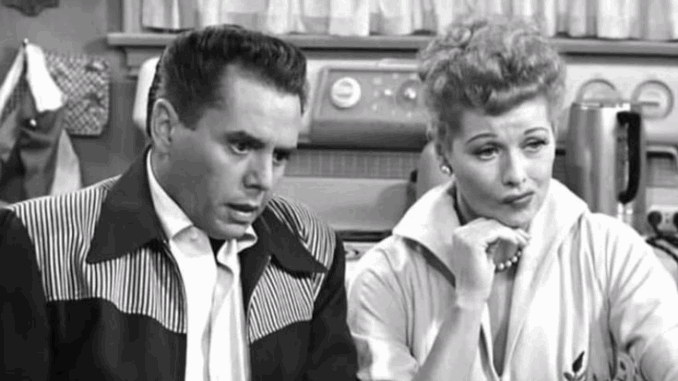
Lucille Ball is a name synonymous with comedy, television innovation, and trailblazing success. As the star and creative powerhouse behind the beloved sitcom I Love Lucy, Ball not only entertained millions but also transformed the entertainment industry, paving the way for future generations of performers—especially women.
Early Life and Career Beginnings
Born on August 6, 1911, in Jamestown, New York, Lucille Désirée Ball showed an early interest in the performing arts. Starting as a model and later transitioning into film, she appeared in numerous B-movies and shorts throughout the 1930s and 1940s. Though she displayed a knack for comedy, it wasn’t until television’s rise that Ball found her true calling.
The Birth of a Comedy Icon
In 1951, Lucille Ball teamed up with her real-life husband Desi Arnaz to create I Love Lucy, a sitcom centered around the hilarious escapades of Lucy Ricardo, a zany housewife constantly dreaming up schemes to break into show business. Ball’s character resonated deeply with audiences thanks to her impeccable comedic timing, expressive face, and fearless physical humor.
What set Ball apart was her ability to blend slapstick with relatable humanity. Whether she was struggling in a chocolate factory or performing the infamous “Vitameatavegamin” commercial, Lucille’s performance was both uproarious and heartfelt.
Breaking Barriers Behind the Scenes
Lucille Ball’s influence extended far beyond her on-screen persona. She was one of the first women to take control behind the camera. As a co-founder of Desilu Productions with Desi Arnaz, Ball played a pivotal role in producing some of television’s most successful shows, including Star Trek and The Untouchables.
Her business acumen was revolutionary in an era when women were rarely entrusted with such power. In 1962, following her divorce from Arnaz, Ball became the first woman to run a major Hollywood studio outright when she purchased Arnaz’s share of Desilu. This move cemented her legacy as a pioneering female executive.
A Lasting Legacy in Comedy and Television
Lucille Ball’s impact is still felt across the entertainment landscape. Her work inspired countless comedians, actors, and producers, and her influence is evident in the structure and style of modern sitcoms.
Her ability to break down barriers for women in comedy and business helped open doors for generations to come. Today, Ball’s legacy is celebrated through various awards, museums, and ongoing retrospectives that honor her contributions to the industry.
Personal Life and Enduring Popularity
Despite her fame, Ball remained grounded and committed to her family. Her marriage to Desi Arnaz, though complex, was the foundation for I Love Lucy. Their partnership—both personal and professional—was crucial to the show’s success.
Lucille Ball passed away in 1989, but her spirit lives on. I Love Lucy continues to captivate audiences around the world, and her groundbreaking work remains a beacon of inspiration.
Conclusion
Lucille Ball was more than a comedian; she was a visionary who reshaped television history. Through her talent, determination, and courage, she carved out a unique place in entertainment as the ultimate comedy queen. The laughter she sparked and the doors she opened ensure that her legacy will endure forever.
